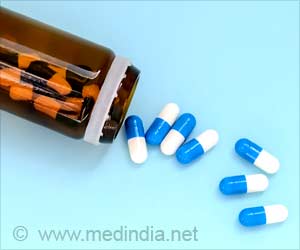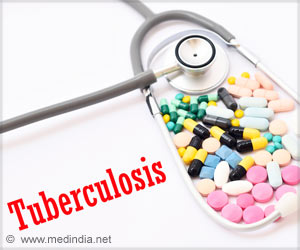A new drug has offered hope to people suffering from the most severe type of muscular dystrophy after achieving spectacular results in animal tests.
A new drug has offered hope to people suffering from the most severe type of muscular dystrophy after achieving promising results in animal tests.
DMD is a genetic disease caused by a mutation in the gene for dystrophin, a protein that is an important component of muscle tissue. While symptoms can sometimes be managed and alleviated, there is no cure. It is usually fatal before the age of 30.The new therapy, known as a peptide-conjugated morpholino oligomer (PPMO), which partially corrects the genetic error that causes Duchenne muscular dystrophy (DMD), has restored almost normal movement and muscle function to mice with the equivalent of the condition, while significantly prolonging their lifespans.
Dame Kay Davies, from the University of Oxford, senior author of the study, said the results were highly encouraging.
"These findings, should they prove to be repeatable in human subjects, hold great promise for the treatment of DMD patients. It raises the prospect that we can make a pretty spectacular clinical difference," she said.
The PPMO drug promises improvements on both counts: it should be suitable for about 60 per cent of DMD patients and should reach the muscles more effectively.
It works by coaxing muscle cells to skip a key section of the mutated dystrophin gene when they read it to make the protein. As a result, the body can make a shorter, imperfect but still functional version of dystrophin, instead of making no useful dystrophin at all.
Advertisement
In the study, the drug was given to mice in which both the dystrophin gene and another important muscle gene, utrophin, had been knocked out. These develop a similar condition to DMD and have extremely restricted muscle function and movement.
Advertisement
As a similar but less potent drug, which is not tagged to aid deliver into the muscles, is already in clinical trials, the researchers are optimistic about testing the PPMO on patients quickly.
The study has been published in the journal Molecular Therapy.
Source-ANI
THK










